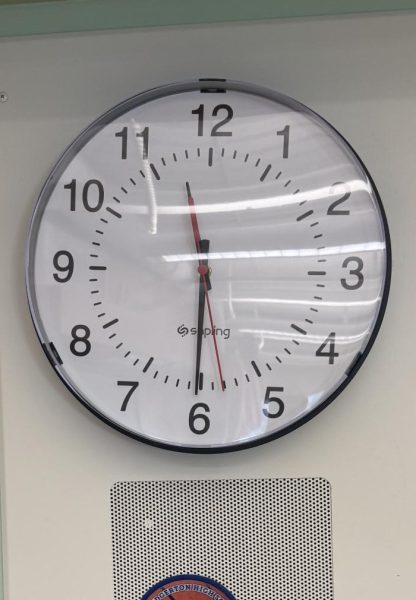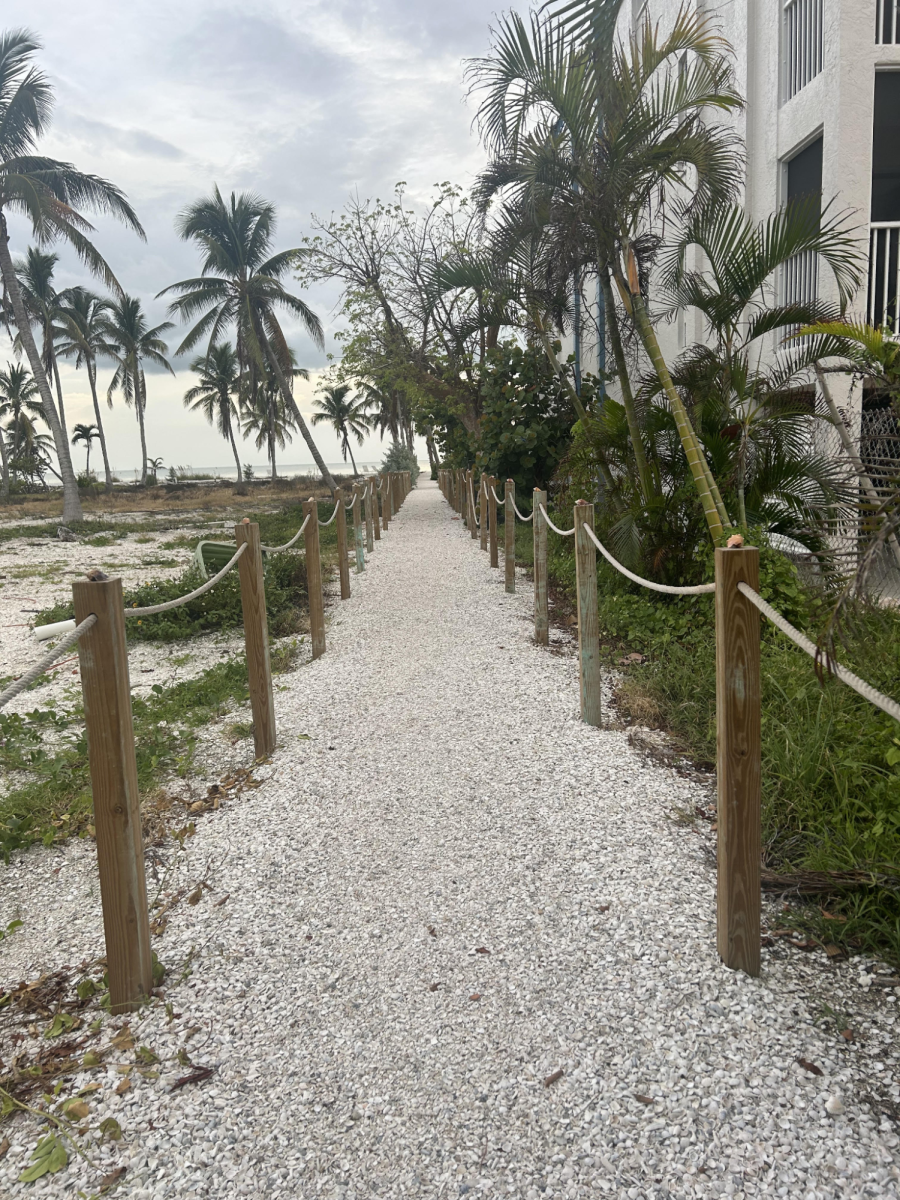
Because of early school start times, many students wish they could sleep longer. Still, many can’t sleep until later than the recommended time. Changing start times to 8:30 a.m. would change student’s energy levels and overall happiness.
A study from the University of Minnesota says, “The results from this three-year research study, conducted with over 9,000 students in eight public high schools in three states, reveal that high schools that start at 8:30 AM or later allow for more than 60% of students to obtain at least eight hours of sleep per school night.” This study also says, “Teens getting less than eight hours of sleep reported significantly higher depression symptoms, greater use of caffeine, and are at greater risk for making poor choices for substance use.” These findings show how important sleep is for a student’s health and well-being.
When students do not get enough sleep, it can affect their mood, energy, and behavior. Lack of sleep can make students feel tired, anxious, and less motivated to do well in school. It can also increase the chance of making bad decisions.
So, even though it might seem like starting school early gives students more time after school for activities, getting enough sleep should be a top priority. A later start time could give students the chance to be more awake, feel better, and perform better in all parts of their lives, from school to sports, and beyond.
While localizing the topic to Oakmont, the majority of students at Oakmont Regional High School seem to like starting earlier, so they can get out earlier. Many students think that starting school early would give them more time for extracurricular activities such as sports, jobs, or just to relax after a busy day.
However, another study from the University of Minnesota shows how starting school early might be harmful. The study says, “Academic performance outcomes, including grades earned in core subject areas of math, English, science and social studies, plus performance on state and national achievement tests, attendance rates, and reduced tardiness show significant improvement with the later start times of 8:35 AM or later. Finally, the number of car crashes for teen drivers from 16 to 18 years of age was significantly reduced by 70% when a school shifted start times from 7:35 AM to 8:55 AM.”
This study clearly shows that starting school later leads to many benefits for students. Later start times are linked to better grades, better attendance, and fewer students arriving late to school. The study also found that students who started school later had fewer car accidents, which is especially important because teen drivers are more likely to be involved in accidents when they are tired. Starting school later gives students more time to sleep, which means they are more awake, more alert, and safer when they drive.
When you look at it, even though students may feel they have more time after school by starting early, it could be better for them in the long run to start school later. Well-rested students do better in school, make better decisions, and are safer on the roads. Later start times could also reduce the number of students who rely on caffeine or other substances to stay awake, helping them to make healthier choices.
In the end, starting school later would give students the chance to sleep longer, feel better, and improve their school performance, while still having enough time for activities after school. More sleep leads to better physical and mental health, which can help students succeed in school and life. So, while starting earlier might seem like a good idea to students because of the extra time after school, it is clear that later start times have a much bigger impact on student’s overall well-being and success.
















Welcher • Jan 11, 2025 at 3:23 pm
Starting later means that students on sports teams will miss some more classes if they travel and leave early.